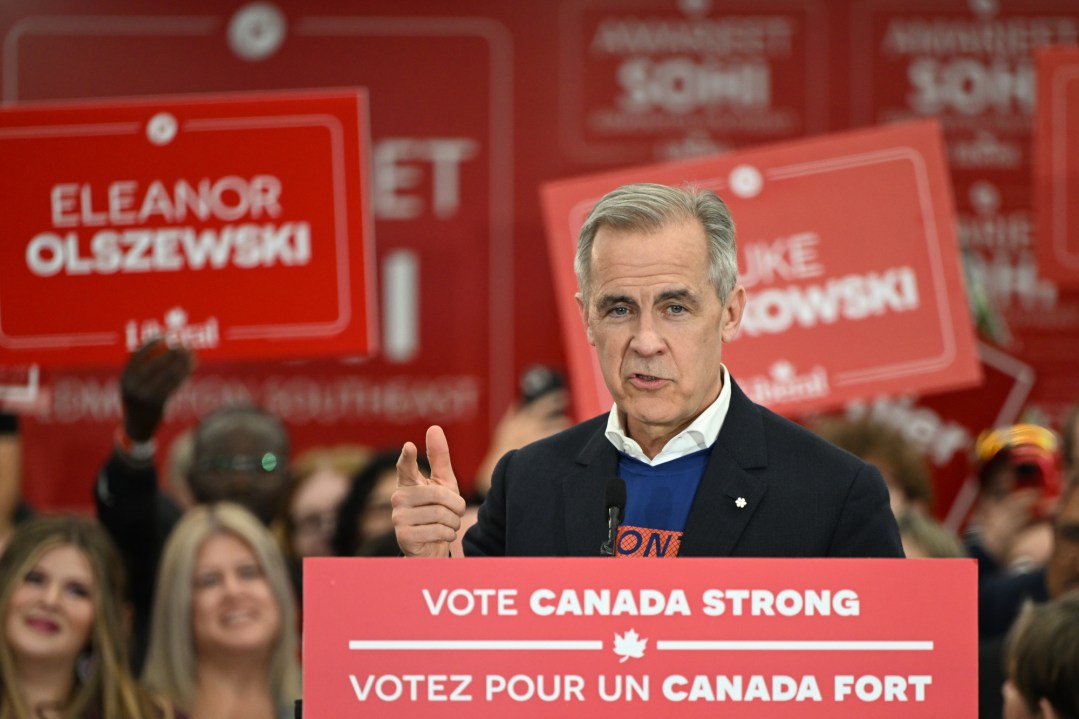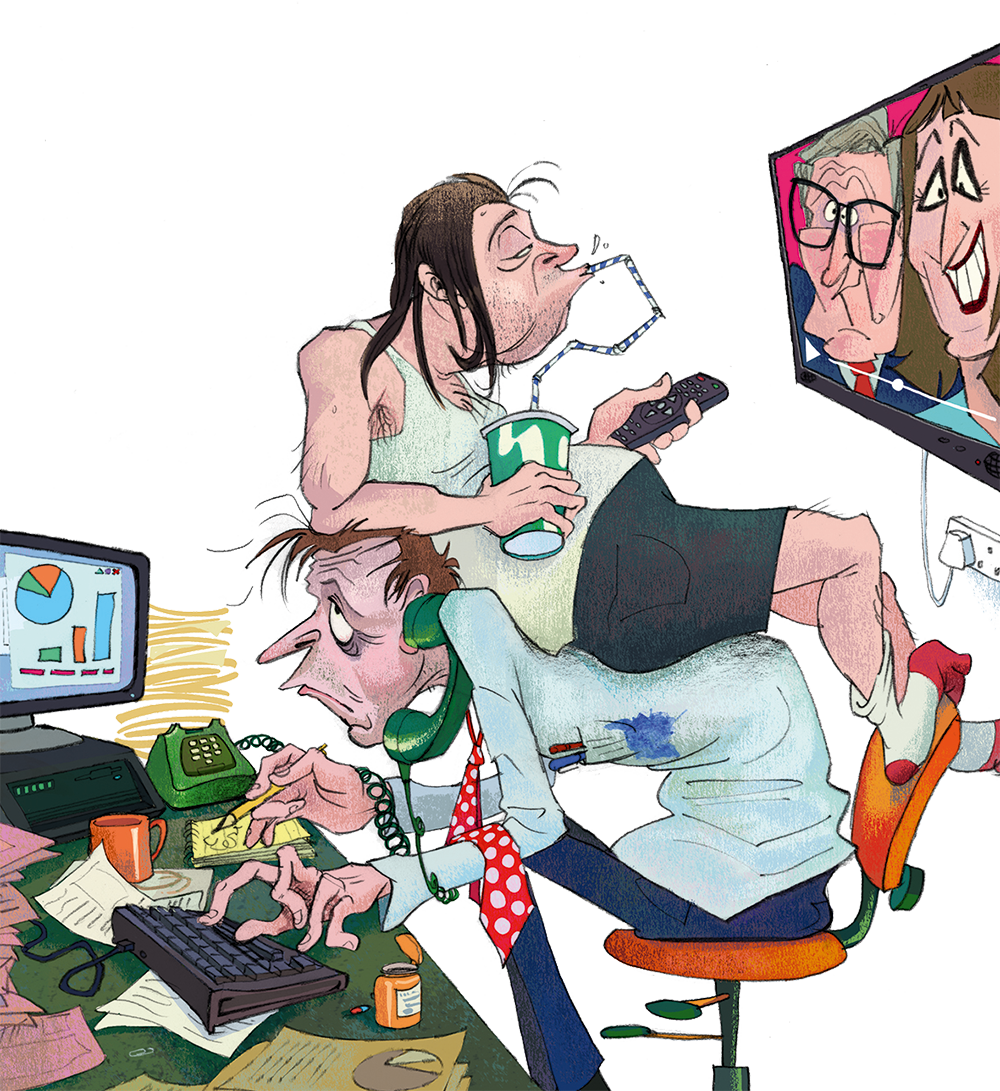This election could have been a lot worse for Canada’s Conservatives. As I write, they have taken 41.7 per cent of the popular vote, their highest share since 1988, and are on track to pick up two dozen seats. They have also managed to make inroads with young people and unionised workers – groups that are famously hard for right-wing parties to win over.
Yet the victor of the night was Mark Carney, who will have a thin but real minority to work with as prime minister of Canada, and now the Conservative leader Pierre Poilievre is expected to lose his seat. Ill-informed pundits will say that the Tories threw away their double-digit lead ahead of the election, but it would be far more accurate to say that Carney’s Liberals closed the gap, and then some.
The Liberals, of course, had help, in the form of the President of the United States of America. Whatever the reason for Donald J. Trump’s sudden interest in acquiring Canada – which if nothing else appears to be entirely sincere – his increasingly unhinged interventions since December, coupled with the punitive tariffs he tried out on Canada created a rally around the flag effect, which greatly benefited the Liberals.
The Conservatives pointed out in vain that the last decade of Liberal governance has been a complete disaster. There has been almost no economic growth; runaway house prices have made home ownership impossible for an entire generation; Canada’s immigration system has all but collapsed; and there has been a steep rise in violent crime thanks to the government’s catch-and-release policies. Yet Canadian voters – particularly older ones (the young seemed more interested in quality of life issues) – decided that this was going to be a Trump election. And so it was.
The Liberal party, possibly the most ruthlessly cynical political machine left in the Anglosphere, played the Trump card to its fullest extent. Not a day passed without some fresh accusation that Pierre Poilievre was a miniature Trump, ready to sell out Canada at the first opportunity (the fact that Carney was apparently far more conciliatory than he let on publicly in his only phone call with Trump was glossed over).
At one point, Liberal staffers snuck into a right-wing conference and planted fake MAGA-themed memorabilia, so they could accuse the Conservatives of Trumpism. The operation was only discovered because some of the staffers involved – who still work for the Liberal party – bragged about their scheme in a pub. If the Trump connection did not exist, the Liberals would have to invent it.
The Liberal party, possibly the most ruthlessly cynical political machine left in the Anglosphere, played the Trump card to its fullest extent
Truth be told, Carney and the Liberal party did not run a particularly good campaign. He was accused of lying about his role in moving the headquarters of the investment company he chaired from Canada to the United States. He defended a Liberal candidate who said his opponent should be kidnapped and delivered to the Chinese government for a bounty. Carney snapped at reporters when challenged. He copied many of Poilievre’s policies, sometimes very crudely. But in the face of Trump, none of this really mattered in the end.
What lessons are there for conservatives, both in Canada and elsewhere? First, Poilievre’s basic message worked, and would have made him prime minister at any other time. He managed to galvanise young people who aren’t on the housing ladder, as well as blue collar and unionised workers, with his housebuilding and growth message.
But the headline takeaway remains Trump’s entirely negative role in the election. Last year, many conservatives outside America (including some in Canada) either openly or secretly welcomed Trump’s victory and hoped for some positive spillover in their own countries. But Poilievre’s defeat is a reminder that Trump has shown he has the reverse Midas touch time and time again, especially when it comes to right-wing movements outside his own country.
To put it simply: if you are not American, America First is going to be bad for your country. Trump seems to have contempt for right-wing politicians elsewhere. Just as he spoke far kindlier of Carney than Poilievre (whom he repeatedly attacked), he has been notably warmer toward Sir Keir Starmer than toward Kemi Badenoch. Traditional centre-right parties that are serious about power need to insulate themselves from Trump. Canada won’t be the American President’s last foreign victim.








Comments